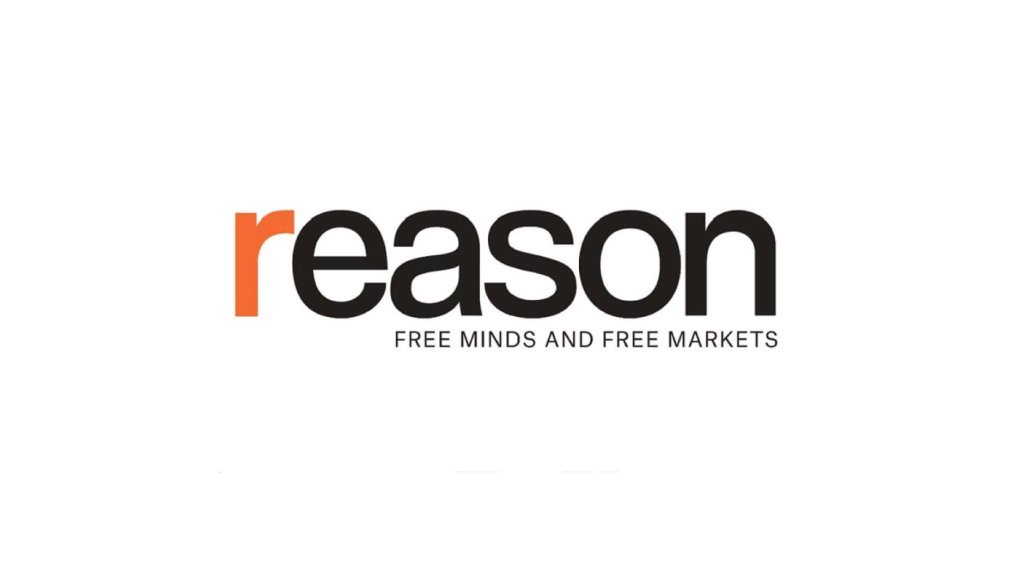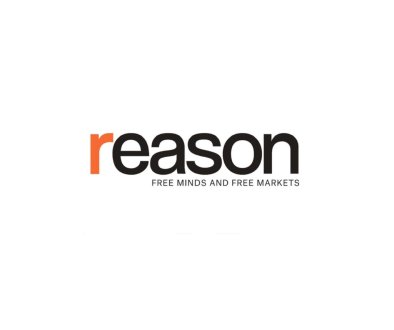Lawmakers Wonder Why a Mountain Climber Was Prosecuted for Climbing a Mountain
When mountain runner Michelino Sunseri climbed and descended Grand Teton in record time last September, he posted information about his route on social media. According to the National Park Service (NPS) and the Justice Department, Sunseri thereby implicated himself in a federal misdemeanor punishable by up to six months in jail.
Although the NPS later reconsidered its recommendation that Sunseri should be prosecuted for his seemingly inadvertent use of an unapproved trail, the U.S. Attorney’s Office in Wyoming tried Sunseri anyway. Two members of the House Judiciary Committee recently decried that baffling decision, saying it “appears to be a prime example of the problem of overcriminalization”—a problem that President Donald Trump is avowedly keen to address.
Sunseri’s bench trial concluded on May 21, and U.S. Magistrate Judge Stephanie Hambrick has not announced her verdict yet. But Reps. Harriet Hageman (R–Wyo.) and Andy Biggs (R–Ariz.) want to know why federal prosecutors decided to pursue the case, especially in light of Trump’s May 9 executive order urging restraint in deploying criminal penalties for regulatory violations.
That order expressed concern about “technical and unintentional regulatory violations that may expose individuals to criminal penalties for conduct they did not know was prohibited,” Hageman and Biggs noted last week in a letter to Stephanie Sprecher, the acting U.S. attorney for Wyoming. “President Trump instructed all federal prosecutors to prioritize civil and administrative remedies over criminal enforcement where conduct was unintentional, non-harmful, or gained no advantage.”
The
Article from Reason.com

The Reason Magazine website is a go-to destination for libertarians seeking cogent analysis, investigative reporting, and thought-provoking commentary. Championing the principles of individual freedom, limited government, and free markets, the site offers a diverse range of articles, videos, and podcasts that challenge conventional wisdom and advocate for libertarian solutions. Whether you’re interested in politics, culture, or technology, Reason provides a unique lens that prioritizes liberty and rational discourse. It’s an essential resource for those who value critical thinking and nuanced debate in the pursuit of a freer society.




